2026 Author: Priscilla Miln | miln@babymagazinclub.com. Last modified: 2025-01-22 17:55:13
The main symptom of diarrhea in children is passing loose, watery stools three or more times a day for several days. Depending on the cause, one of the following symptoms may be added: chills, fever, loss of bowel control, nausea or vomiting, abdominal pain or cramps. If a child poops water, you need to provide him with a plentiful drinking regimen and consult a doctor.
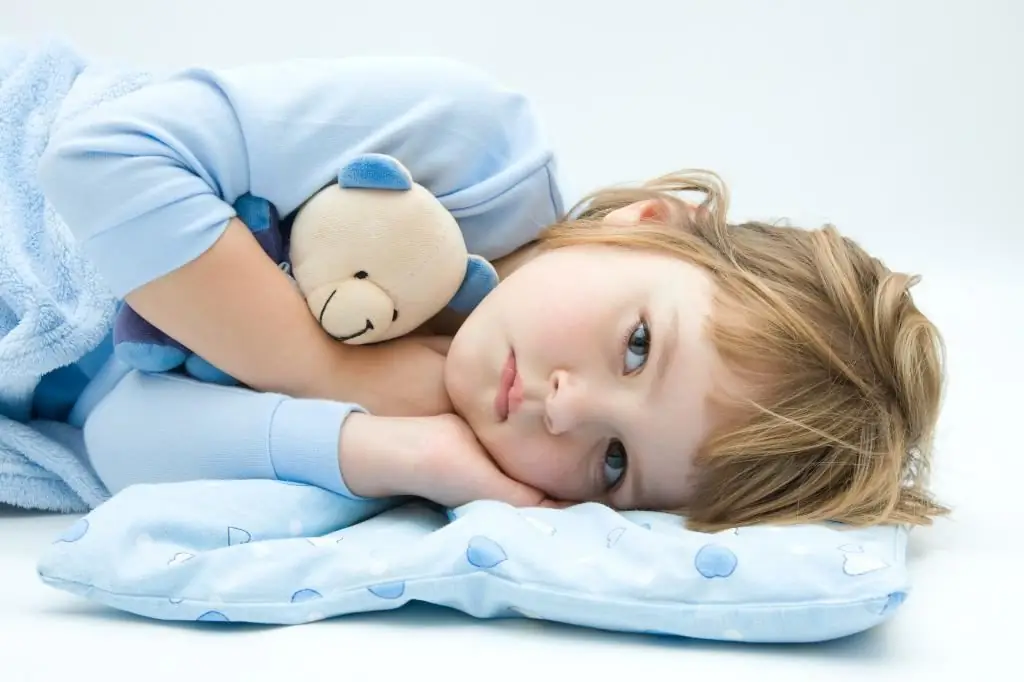
Symptoms of dehydration
Diarrhea itself is not too dangerous, but you need to understand that this is only a symptom. And besides, heavy bowel movements lead to dehydration. If a child poops water, then you need to remember this first of all. The small body will quickly begin to suffer from a lack of fluid.
Symptoms may include:
- Intense thirst.
- No urination for 3 hours or more.
- Severe lethargy.
- Dry mouth.
- Sunken eyes, cheeks in the most severe cases.
When to ask for help
Diarrhea can become dangerous if it leads to severe dehydration. If a child poops water, it may signal a more serious problem. Therefore, do not assume that diarrhea is a trifle that will pass by itself. There are a number of cases when you need to see a doctor immediately:
- Baby pooping water for over 24 hours.
- He has a fever.
- He complains of severe pain in his stomach.
- Stool contains blood or pus.
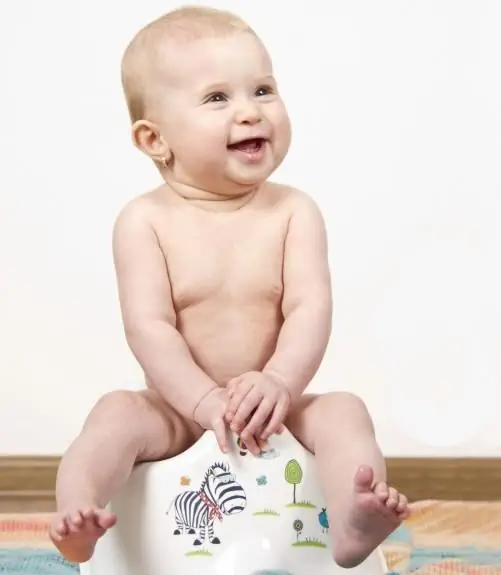
Dealing with reasons
To quickly help a child, you need to know what is really going on in his body. Diarrhea is a symptom that is characteristic of many diseases, so diarrhea cannot be treated on its own. Possible causes include gastrointestinal infections, food allergies, inflammatory bowel disease, and bacterial infections. And even this list is far from complete. Therefore, if a child poops water, his condition should be assessed by a doctor.
Gastrointestinal infections
The vital activity of viruses, bacteria or parasites sometimes leads to chronic diarrhea. Children can become infected through contaminated water, drinks or food. After an infection, some children have trouble digesting carbohydrates such as lactose or milk protein. Of course, parents cannot immediately make a correct diagnosis and continue to offer the baby the usual food, stimulating the development of diarrhea. The problem can cause prolonged diarrhea, often up to 6 weeks afterinfection.
Here it is important to understand that it is necessary not only to remove the symptom itself, but also to eliminate the cause. In medical practice, it happens that parents go to the hospital, whose child poops water for a year, with slight improvements in between, and they believe that everything is within the normal range.
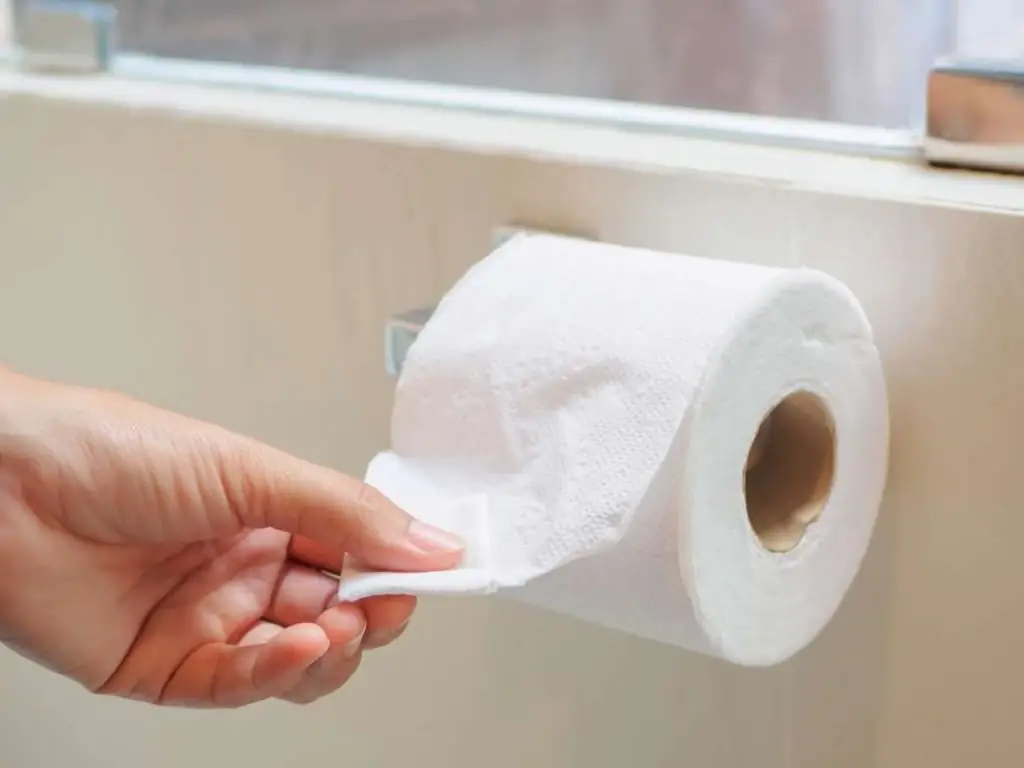
Food allergies and intolerances
Food allergies are among the most common causes of diarrhea, especially under the age of one. It is based on malfunctions of the immune system. In this case, there can be only one treatment - to find the allergen product and exclude it from the diet, at least for several months. For example, if a baby experiences problems with stool after the introduction of complementary foods in the form of milk porridge, an allergy to milk protein can be suspected. In any case, if a child poops yellow water, you need to analyze his diet.
Intolerance is another reaction that has nothing to do with allergies. It develops due to a lack of enzymes for the digestion of certain food components.
What intolerances children have:
- Milk protein. Usually appears in the first year of life, sometimes when the child is a month old. He may start pooping water due to intolerance to formula or even breast milk, which happens less often.
- Lactose. The case discussed above is often temporary. Gradually, children outgrow the problem and begin to eat like all their peers. If at 3 years old a child poops water after tea with milk, then they are already talking about lactose intolerance - milksugar.
- Fructose. This is a condition that can cause diarrhea after eating foods or drinks that contain fructose, a sugar found in fruits, fruit juices, and honey. If after apples or pears a child poops yellow water, you need to limit the consumption of these products.
- Sucroses. This is a condition that can cause diarrhea after eating foods or drinks that contain white sugar.
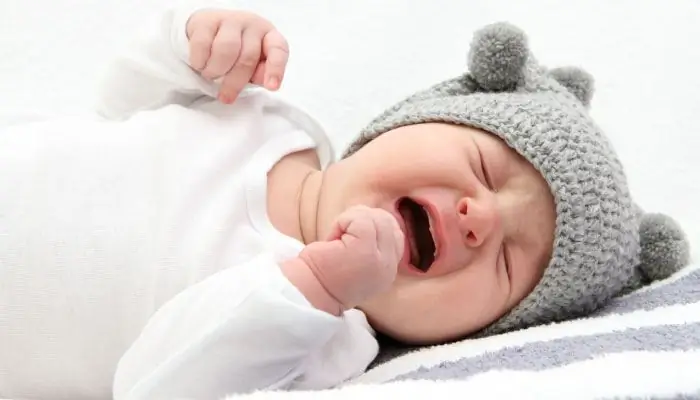
Functional diarrhea
Not always diarrhea is a pathology. If a month old baby poops water, but does not show signs of anxiety, then perhaps this is a variant of the norm for him. Functional diarrhea occurs not only in infants, but also in young children (1 to 3 years old) and preschool children (3 to 5 years old). They have four or more watery or loose stools daily and have no other symptoms. They usually grow well and gain weight. But this is especially true for babies. If a child poops water a month, but at the same time sucks well and adds at least 800 g per month, smiles and gurgles, most likely everything is fine with him.
diagnosing diarrhea
To find the cause, doctors may use information from the child's medical and family history, physical examination, or tests. So be prepared to tell how long your child has had diarrhea, how many times a day he goes to the bathroom, what the stool looks like, and if he has any other symptoms. Information about what the baby ate and drank in recent days will also be important. Duringphysical examination doctor checks blood pressure, symptoms of dehydration.
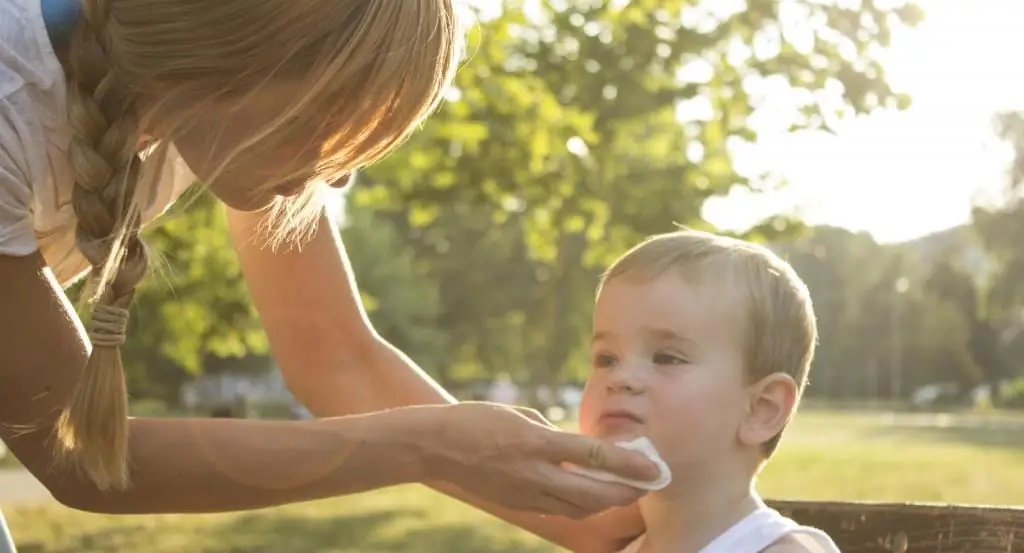
Specific tests
Usually, the first thing specialists try to do is a laboratory study of feces. It can show the presence of blood and signs of infection, food allergies, and problems with the digestive tract. It may be malabsorption of certain sugars, proteins, or nutrients. That is, the doctor will be able to make an assumption why the child poops water, or at least exclude some points. Other studies:
- Blood tests.
- Hydrogen breath tests.
Fasting tests
The doctor may use an endoscopy to look inside the body and find the cause of the diarrhea. Endoscopic procedures include:
- Colonoscopy.
- Flexible sigmoidoscopy.
- Upper GI endoscopy.
Not all methods are always used at once. Most often one or two is enough.
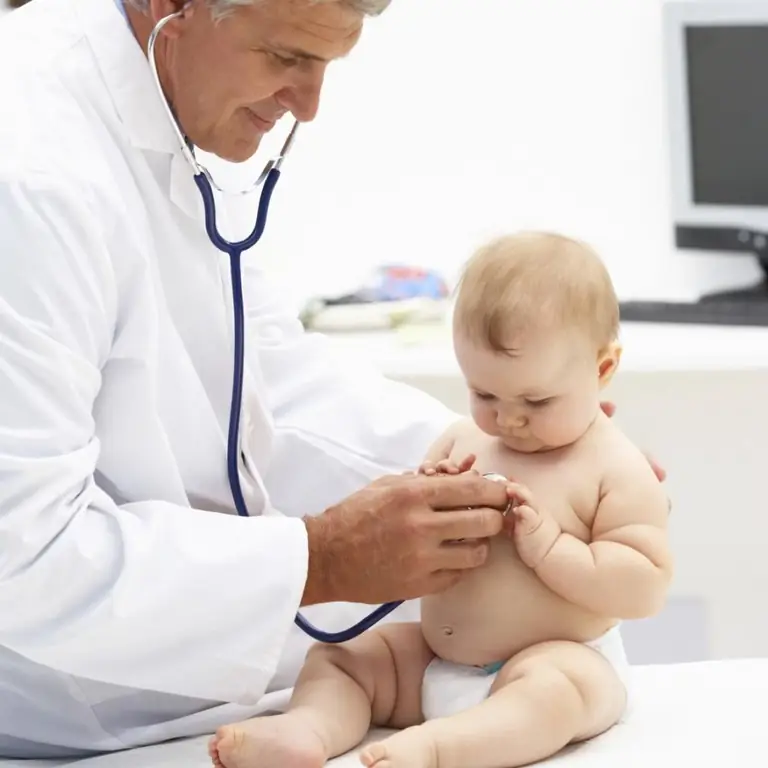
How to treat diarrhea
It depends a lot on the cause. Doctors may be able to reduce or stop diarrhea once they discover the mechanism that causes it.
- Infections of the gastrointestinal tract. In this case, the specialist should prescribe antibiotics to treat bacterial or parasitic infections. If you have long-term trouble digesting certain carbohydrates or proteins after an infection, your doctor mayrecommend changing the menu. Usually after a few months, digestion is fully restored and you can return to your normal diet.
- Functional disorders of the gastrointestinal tract. This is a large group, and in each case the doctor will make a decision based on laboratory tests and his observations.
- Food allergies and intolerances. Your doctor will recommend avoiding foods that cause the reaction. Keeping a diary of what your child eats and drinks will help the doctor figure them out.
There is a general treatment regimen if a child poops water. What to do in this or that case, we briefly discussed above, but how to act while the diagnosis is unknown? It's important to calm down first. If at the same time the baby feels normal, then nothing terrible is happening. For severe pain, call an ambulance.
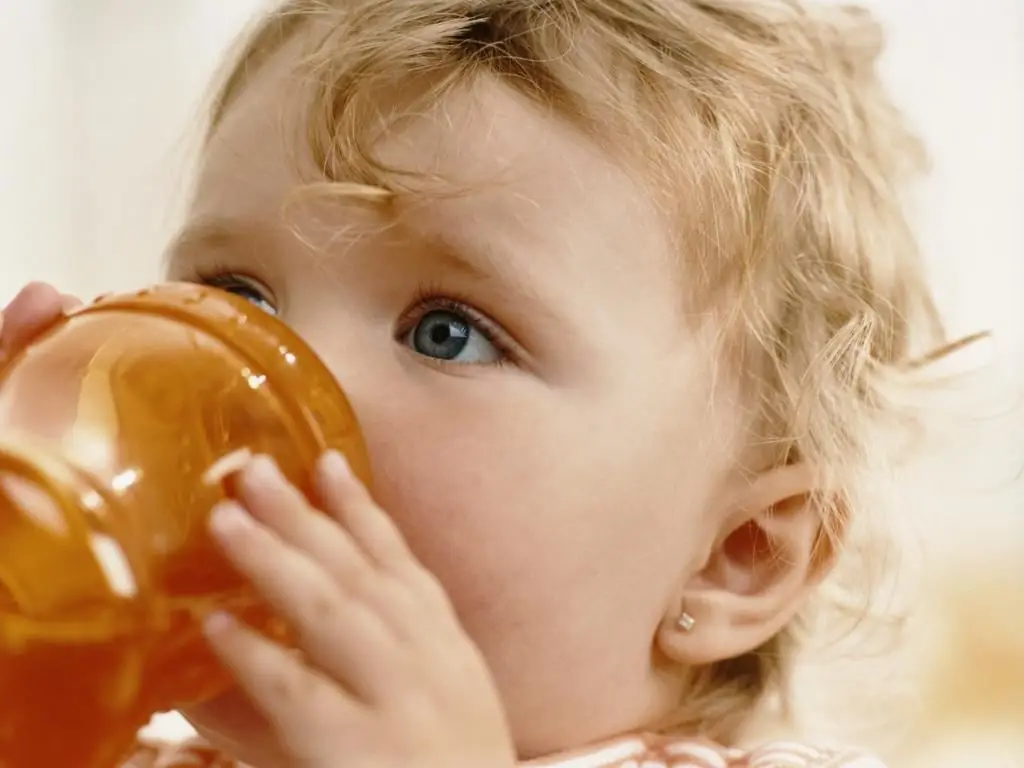
General treatment regimen
Sick child needs rest. If he knows how to use the potty, then put it near the bed. For a baby up to a year and a half, it is advisable to stock up on inexpensive diapers or a large number of panties. The second important point is the drinking regimen. The body loses a lot of fluid during diarrhea. Fruit drinks, decoctions and compotes will help to replenish it. The pomegranate skin added to the compote helps to fix the stool, as well as rice water. This is not a cure, but only a way to alleviate the condition of the child.
If a child poops green water, then dysbacteriosis is possible. To make a correct diagnosis, you need to take tests. Upon confirmation, the specialist will appointdrugs that will help neutralize the hostile microflora. And then it will be possible to sow the intestines with beneficial bacteria. Pharmaceutical preparations are used for this, but the body may well restore a colony of bacteria on its own. True, it will take a little more time.
Prevention measures
Nutrition plays an important role in the management of diarrhea in children. Depending on the cause, changing your diet can reduce the symptom. Talk to your doctor before putting your baby on a strict diet. A doctor or dietitian may recommend a he althy eating plan. But the standard scheme for severe diarrhea is as follows: the first day do not feed, only drink. When the condition improves, the next day you can have a couple of crackers and warm broth. Other products are gradually introduced, with the exception of milk and fruits, it is better to wait a couple more weeks with them. This should also include pastries and sweets.
Nutrition is not only a curative, but also a preventive factor. A child every day should receive only fresh soups and cereals, salads. As a dressing, you can not use mayonnaise and fatty sauces. Then digestion will be he althy and the chance of developing diarrhea will decrease several times.
It is not uncommon for a 4-year-old child to poop water due to the fact that he begins to visit fast food restaurants with his parents, try french fries and Coca-Cola. Children's digestive system is simply not able to cope with such loads. Therefore, when once again you want to please the crumbs with delicious, remember about homemade milk jelly, fruitcasseroles and oatmeal cookies. Delicious, fast and not harmful. Even in the case of allergic reactions, it is possible to find a replacement for the allergen product.
Chronic diarrhea
There is a big difference in whether the diarrhea was due to one of the listed causes or whether this phenomenon occurs regularly. In this case, you need to examine the gastrointestinal tract. Most often, the lack of one of the enzymes leads to such a problem. A child with chronic diarrhea should eat foods that do not worsen symptoms and provide adequate nutrition for normal growth and development.
What should a child with chronic diarrhea avoid
It is difficult to answer this question unambiguously, it all depends on the individual reaction of his body. Very briefly, the child should avoid foods that make symptoms worse. To find out exactly what the reaction should be, keep a diary. Note what the baby ate today and how he felt after that. This diary will be a real help as it will help you identify foods that aggravate your diarrhea symptoms.
Check with your doctor. Knowing exactly what causes watery stools will help you find a solution faster.
Instead of a conclusion
These are just some of the reasons that can lead to the development of watery stools in a child. In fact, there may be many more. For babies, this is an acquaintance with new foods, as well as the "launch" of the digestive tract and the gradual development of the enzymatic system. These processes do not always go smoothly.
For an older child quite oftenthe cause of watery stools are dietary errors. But severe and prolonged diarrhea, especially if it is accompanied by high fever, vomiting and pain, is no longer a joke. The viral or bacterial nature of this phenomenon does not matter, a specialist should deal with it. If the condition is normal, then call the pediatrician at home and follow his recommendations. If it gets worse, call an ambulance immediately. Of course, no one wants to go to the enteric-viral department of the infectious diseases hospital, but sometimes there is no choice. But the child will undergo a full examination, and you will receive a treatment regimen.
Recommended:
A child of 3 years old does not obey: what to do, the psychology of the child's behavior, the causes of disobedience, advice from child psychologists and psychiatrists
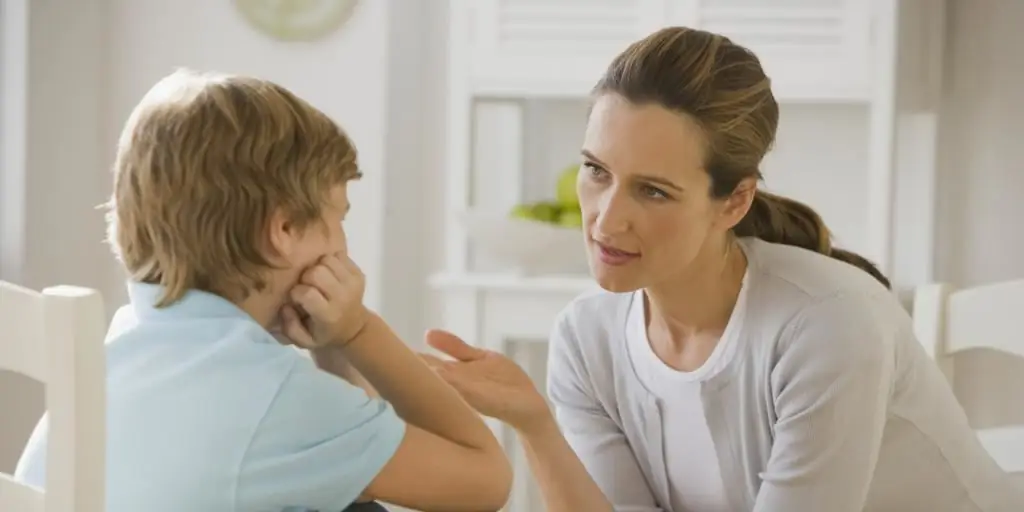
It is quite a common situation when a child of 3 years old does not obey. What to do in this case, not all parents know. Many of them try to calm the child with persuasion, shouting and even physical impact. Some adults just go on about the baby. Both of them make mistakes. Why does a three-year-old child not obey and how to stop it? This post will answer these questions
The child does not drink water - what to do? Should I give water to newborns while breastfeeding?
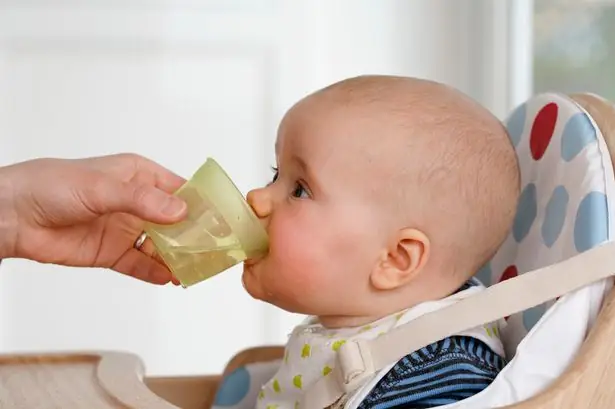
Many young mothers face various problems after the birth of a baby. Even such a well-known process as breastfeeding contains many unknowns. Often parents have a question: what to do if the child does not drink water? Therefore, it is necessary to understand when and in what quantity to give it to a newborn, and it is also needed in general at this age
Water for children: how to choose water for a child, how much and when to give water to a child, advice from pediatricians and parent reviews
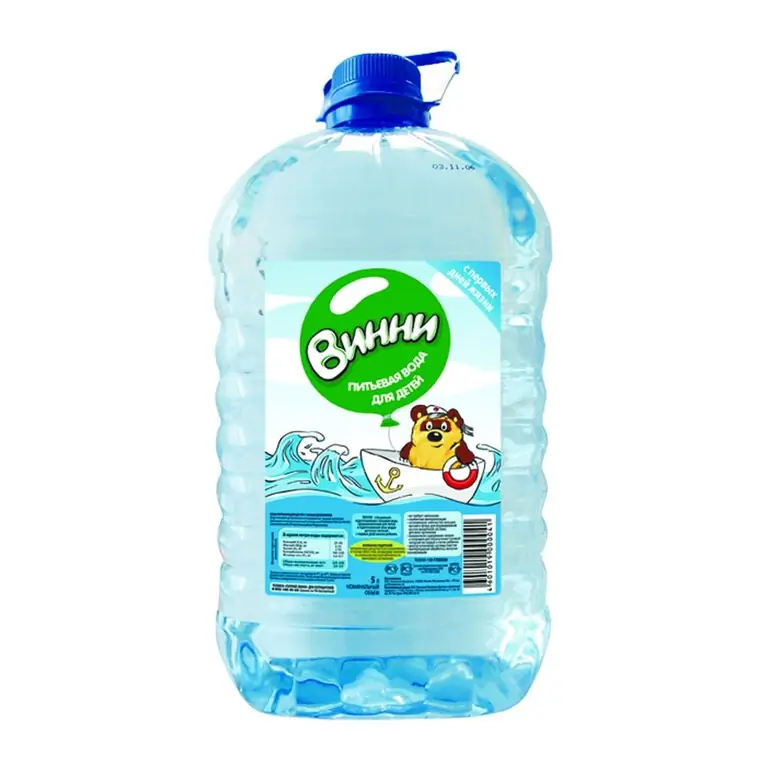
We all know that the human body needs a certain amount of fluid every day for normal functioning. The body of the baby has its own characteristics, which we will consider in the framework of this article. Let's try to figure out whether it is necessary to give the child water
How to teach a child to drink water: maintaining the water balance in the child's body, advice from experienced parents and recommendations from doctors
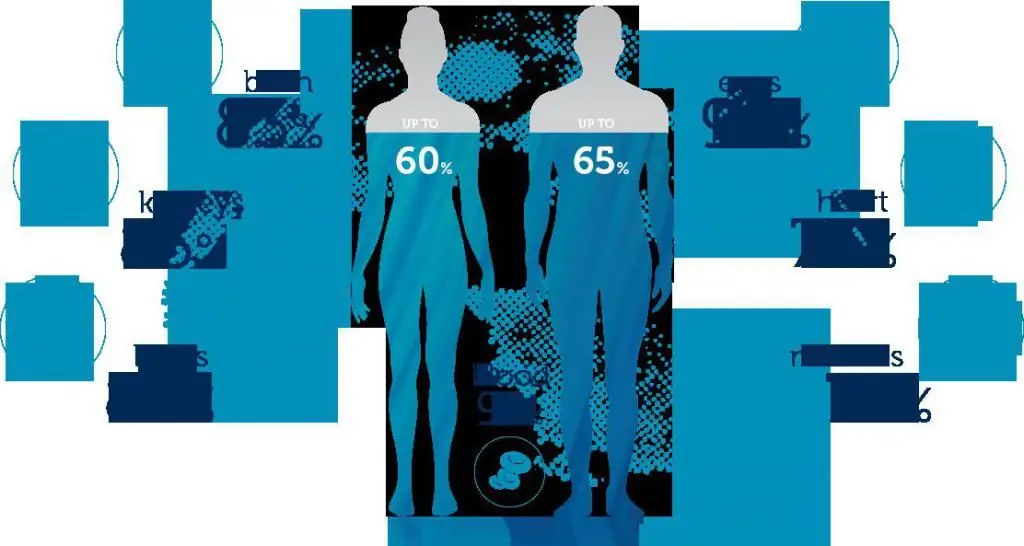
Physiologists in their studies have proven that the human body is 70-90% water, and its lack is fraught with dehydration, which leads not only to diseases, but also to malfunctions of organs. How to teach a child to drink water if he does not want to? First, be disciplined and lead by example. As the saying goes, it takes 21 days to form a habit. Make a rough schedule and drink water together. You can add an element of the game by inviting the child to drink water at speed, who is faster
Can pregnant women drink sparkling water: types of sparkling water, keeping the water balance in the body, the benefits of mineral water, reviews of pregnant women and advice from
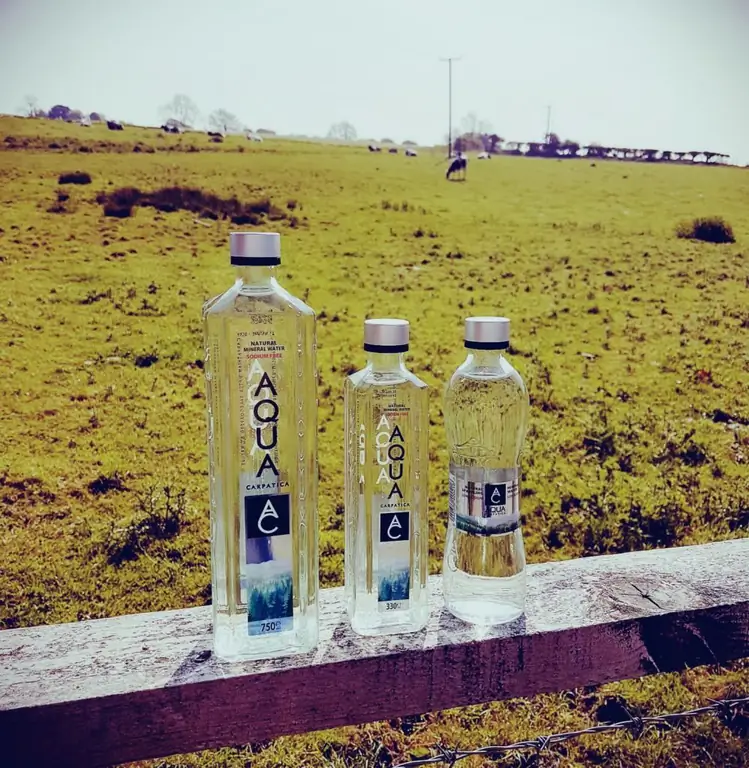
Pregnancy is the most important initial stage of motherhood. The development of her baby will depend on the responsibility with which a woman approaches her he alth at this time. How not to harm yourself and your child, is it worth changing your eating behavior and what is the harm or benefit of carbonated water, you will learn from this article

